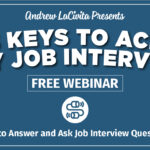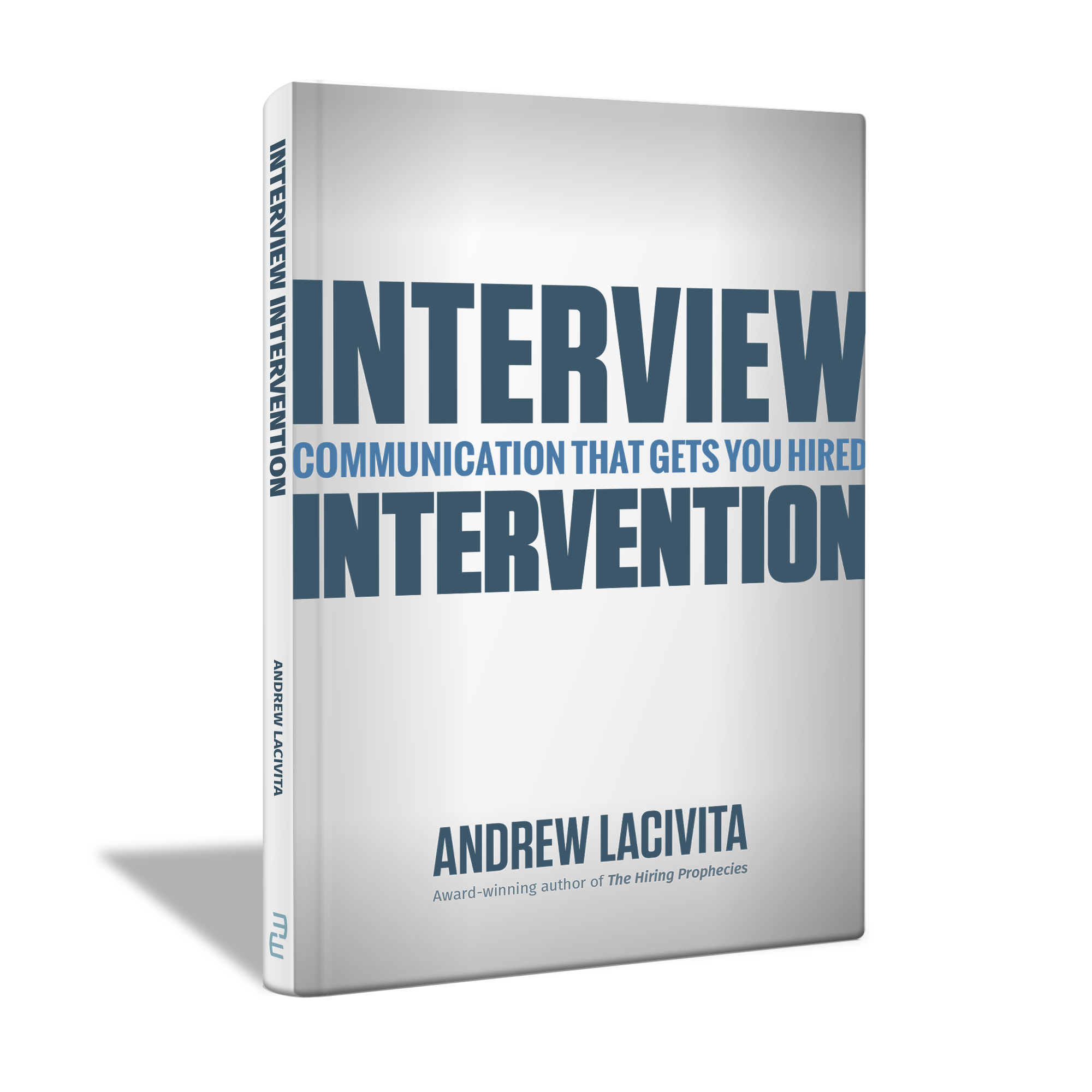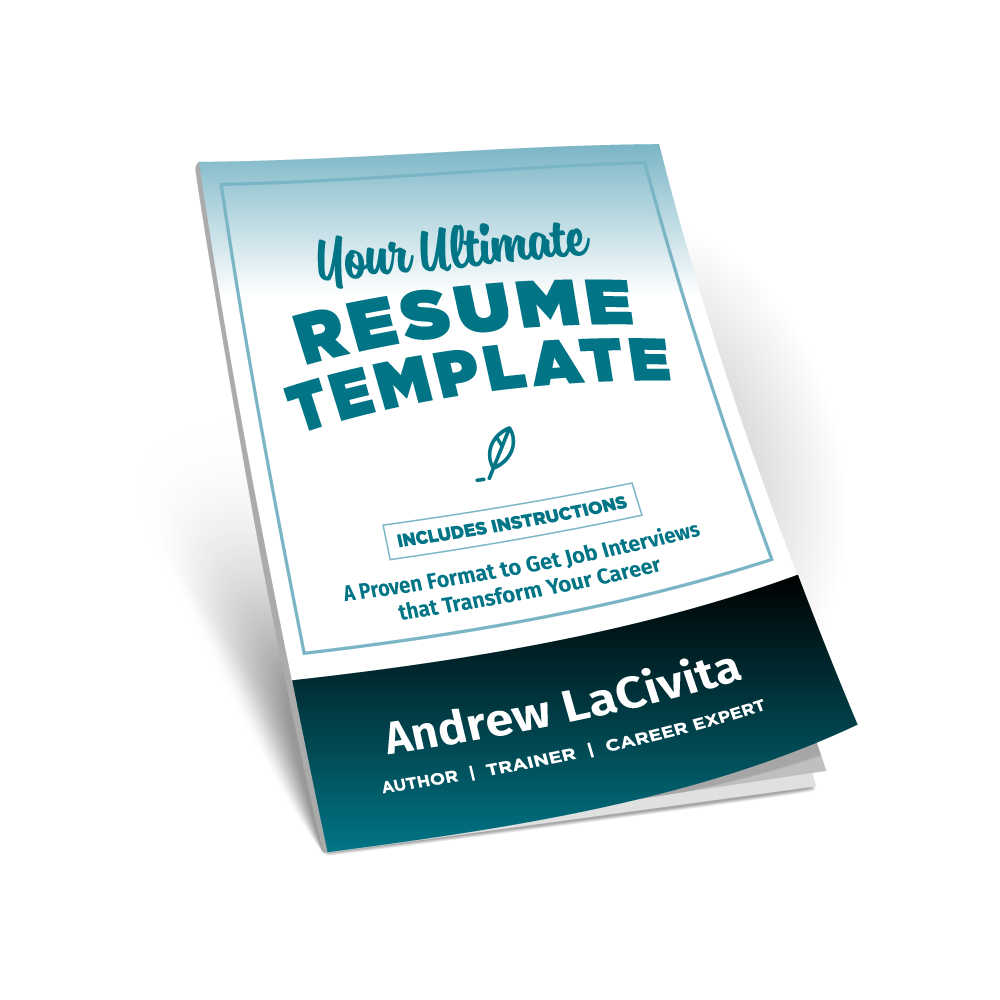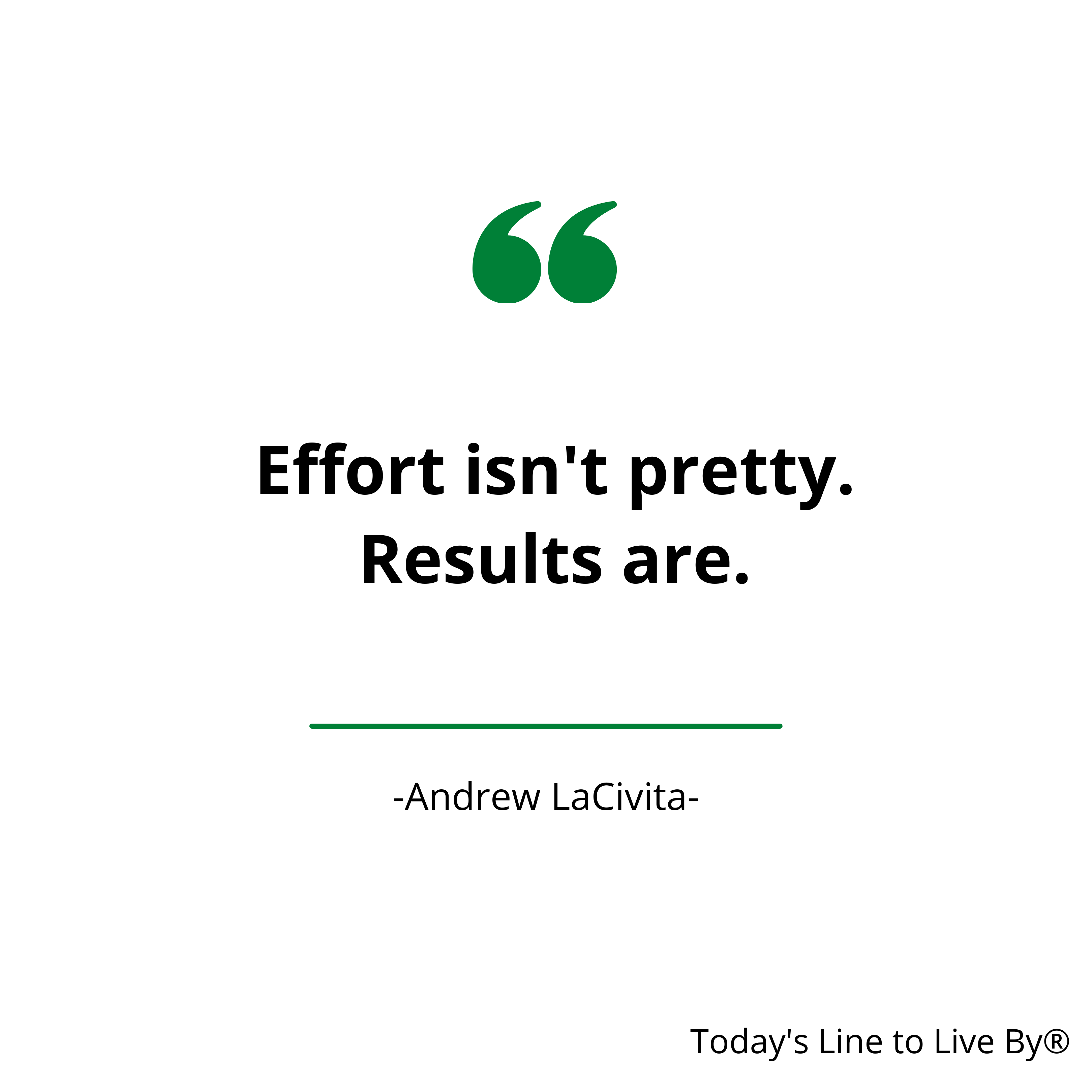When I was brainstorming ideas related to this topic, my inclination was to give you a list of job interview lies that surface and offer advice to fix them (a la the typical “list-blog” style).
I started to jot down lies that typically occur and then became exhausted somewhere near number twenty-four or twenty-five. I thought, whoa, this is an entire book! Save it for another day.
I then asked myself, what’s the single biggest lie—that occurs on both sides—and how can I offer help?
The lie itself isn’t necessarily a flat-out lie in which one party blatantly misdirects the other. This particular lie is much worse. It’s a lie you tell yourself whether you are the job candidate or interviewer.
I have enough information to make an informed decision.
For the job candidate, this means you feel you have enough information to determine whether this company is a great place to work. For the job interviewer, this means you feel you can make an informed hiring decision.
I’ve written several articles that help the job candidate overcome his or her (own) lie by extracting information from the job interviewer. You can check the milewalk blog as well as download your free Interview Intervention eBook, which packages a bunch of these concepts all wrapped with a pretty little bow.
Here, I’d like to focus on helping the job candidate overcome the job interviewer’s lie to him or herself, especially when it means doom for the wonderful jobseeker.
Oftentimes, as job interviewers conduct the interviews, they listen to your stories and fill in gaps with their assumptions. They’re obviously incorrect a significant number of times. Sometimes this works in your favor, but mostly not.
Your job is to ensure they get all the accurate information they need to make a sound hiring decision.
As you maneuver through the interview, ask the interviewers whether they got what they needed. Even if they say “Yes,” doesn’t make it so.
To protect yourself from finishing the interview with any doubt in their minds, ask a question toward the end to ensure you have the opportunity to clarify any gaps or misunderstandings.
I assure you these gaps and misunderstandings exist due to the nature of a time-compressed interview between two parties who don’t know each other. Toss in the job interviewer’s lack of training in these activities and you have a pile of gaps.
Ask, “Do you have any reservations about hiring me?”
Some might consider this a negative question. Others might prefer a softer approach with something such as “Is there anything else you’d like to know about me?” or “Is there anything I can clarify?” or “How do you feel I match up for the job?”
While all of these are nice questions, they leave entirely too much room for the interviewer to skirt the issue you ultimately need answered, which is “Why won’t you hire me?”
When inquiring about the specific reservations, you narrow the scope of the information you want and the interviewers use to make their decisions.
You need to be very specific that you want to know their reservations. While it is nice to know where you scored well, generally speaking, companies don’t hire you because of what they think you can’t do rather than what you can do.
This “reservation” question serves as a safety net and allows you to clarify any communication gaps the interviewer might have. Their reservations typically come in one of three forms:
- Misunderstanding something you said
- Complete blind spot from an area they didn’t investigate
- Valid reservation because of something you did or said, skill gap, and so on
If they misunderstood you, you’re now in a position to clarify your original message.
In the event they drew incorrect conclusions because they didn’t have time to investigate key portions of your work experience, you can now highlight the experience you have in that area.
The second issue is quite common. Interviewers simply assume you don’t have the experience if they didn’t ask you about it.
Of course, there is always a chance the interviewers has valid reservations. At least at this point, you know them and can determine how to address them.
I often recommend ending on a high note by confirming how you would eliminate actual reservations. The most important part of this closing technique is ensuring the interviewers leave with no doubt you are the right person for the job.
As always, I’d love to hear from you: What are your job interview lies?
You can find these and many more communication concepts in Interview Intervention: Communication That Gets You Hired. Yes. It’s still free. Just click.
If you enjoyed this article, you can find other wonderful tips and tricks related to life and work via the usual social spots at LinkedIn, Twitter, and Facebook.
In other exciting news, The Hiring Prophecies: Psychology behind Recruiting Successful Employees is now for sale!









I think taking a look at both sides is very helpful for anyone involved in a job interview process. From a hiring standpoint, I agree with you when you say that many interviewers feel they have enough information to make an informed hiring decision. However, this is not always true. That’s why properly screening potential candidates before even beginning interviews can be helpful and eliminate a lot of wasted time and help prevent a bad hire.
Amen to your point. Upfront work would lead to much better success down the road!
HI there
I lied in an interview about managing direct reports and interviewed with 7 people on one day. This should have been a red flag that told me to stick to the truth at all costs, however I was so fearful of not getting the job of a lifetime that because of fear I did not tell the truth. In my personal and work life I am known for telling the truth and am proud to say this is true.
I knew the new position was one I could handle and have worked in the same industry for 10 years. Fear clouded my judgement and I wanted the new position so much!!
What is worse is that I found out that the direct reports requirement was not that high on their list of requirements for the new position.
I was recommended by someone from the company and I was so horrified that my collegue needed to defend me after the interview process was completed. My experience and personality was a great fit and I found out that 6 out of the 7 people were ready to hire me and the one realized that my answers with regard to the direct hires question was inconsistent….
I am humbled by the experience, have taken stock and although soooo regretful and sad I know that this was a needed lesson….
I wanted to reach out to the two people who had provided me their contact information to explain , however my collegue who provided me with the reason I was not hired would be put in a bad position and I did not want to be selfish, especially after making such a grave mistake.
I wanted to apologize for disrespecting the interview process, the people involved and myself
I am absorbing the mistake I made and truly am humbled by the experience
My suggestion to anyone out their….Be honest and upfront – highlight your skill set and let the chips fall where they may…don’t let fear ruin the opportunity to shine
MC
Michelle, we all get into difficult situations and perhaps do something out of our own character. Certainly don’t hang your head, but learn from it be the person you know are capable of being going forward!!!
I was not upfront about having quit my job already with the HM. Can someone advise in how to fix it? It’s my dream job and fear clouded my mind when the question arouse. Please help with some piece of advice, if you will!
Irvin, I recommend you just be honest and address it as soon as possible. Great luck to you!